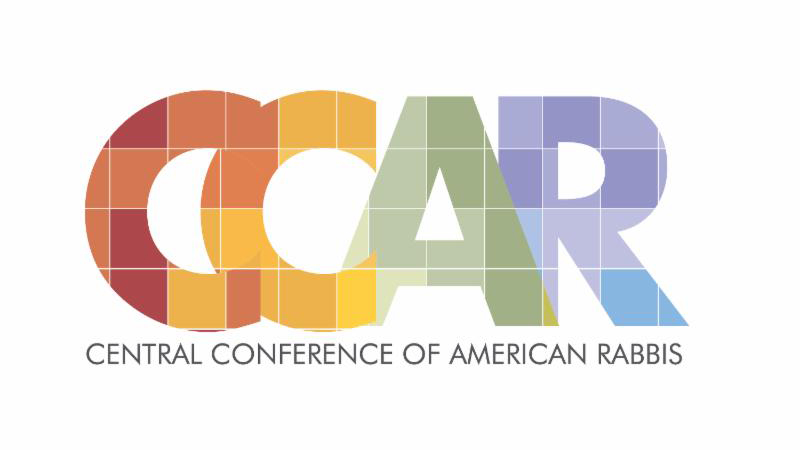(RNS) — The Reform movement’s rabbinical association has published an 84-page report by an independent law firm detailing revisions it recommends the association make in its ethics code to better prevent and repent of sex abuse in its ranks.
The report, by Alcalaw law firm, which is founded and led by women, is one of three investigations the Reform movement has undertaken this year in response to a series of high-profile revelations about sexual misconduct within its ranks.
It covers a 30-year period since the 2,200-member Central Conference of American Rabbis first adopted a code of ethics. The CCAR is the rabbinic leadership organization for the Reform movement, the largest U.S. Jewish denomination, with some 850 affiliating congregations.
RELATED: Reform Jewish seminary report uncovers 50 years of sexual misconduct
With the exception of two rabbis whose sexual misconduct has been widely reported, the review does not name anyone currently under review by the ethics committee or any allegations of rabbinical sexual misconduct prior to 1991.
The two named are Rabbi Sheldon Zimmerman, who served for two years as president of the CCAR and later as president of the Hebrew Union College-Jewish Institute of Religion, and Rabbi Michael Cook, who for years taught a required course on the New Testament at the school’s Cincinnati campus. Cook died in March. Zimmerman, 79, until earlier this year served as scholar-in-residence at Temple Emanu-El in Dallas.
Allegations that Zimmerman molested a 17-year-old congregant years ago were among the factors leading to the independent investigation. Previously the CCAR reported on Zimmerman’s two-year suspension due to unspecified ”personal relationships” it said violated its ethical code. He was later reinstated.
The report notes the CCAR has since amended its ethics code to require mention of when an ethics violation involves a minor.
The report found that many CCAR members are unfamiliar with the organization’s ethics code and its multiple revisions and it recommended increasing education about the code.
It also suggested the CCAR expand sections of the code related to violations involving minors and make certain notifications when potential criminal conduct involving a minor is reported.
Last month, the Reform movement’s seminary, Hebrew Union College-Jewish Institute of Religion, issued its report, finding extensive sexual harassment and discrimination on the basis of sex and gender over the past five decades. The Union for Reform Judaism, which is the congregational arm of the movement, is also expected to issue a report.
RELATED: As Reform Jews investigate themselves, a reckoning over sexual abuse grows





